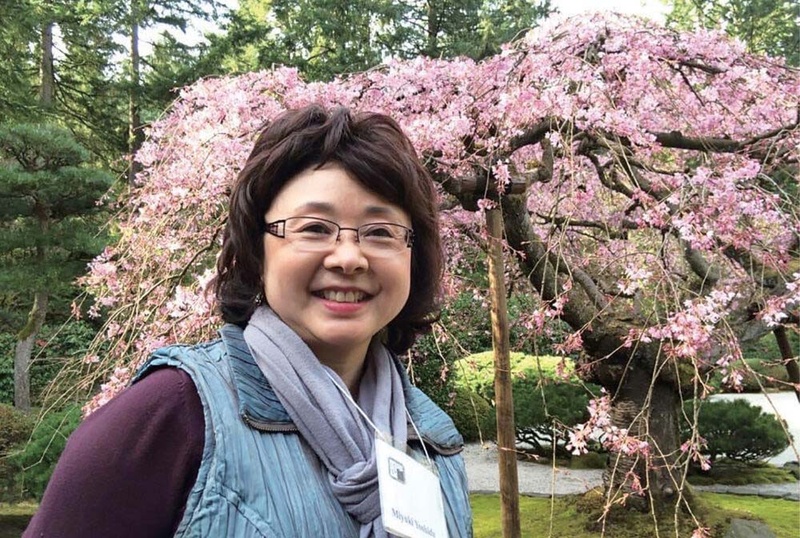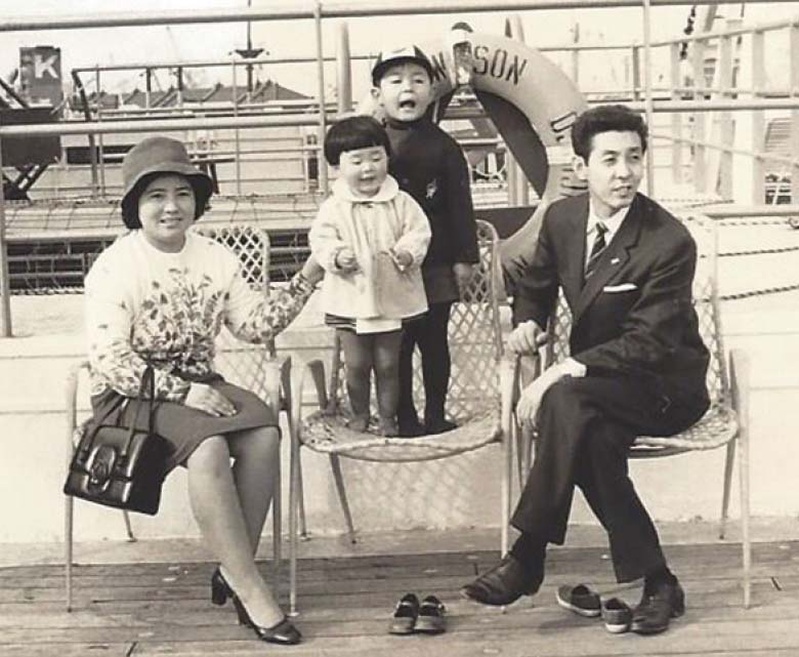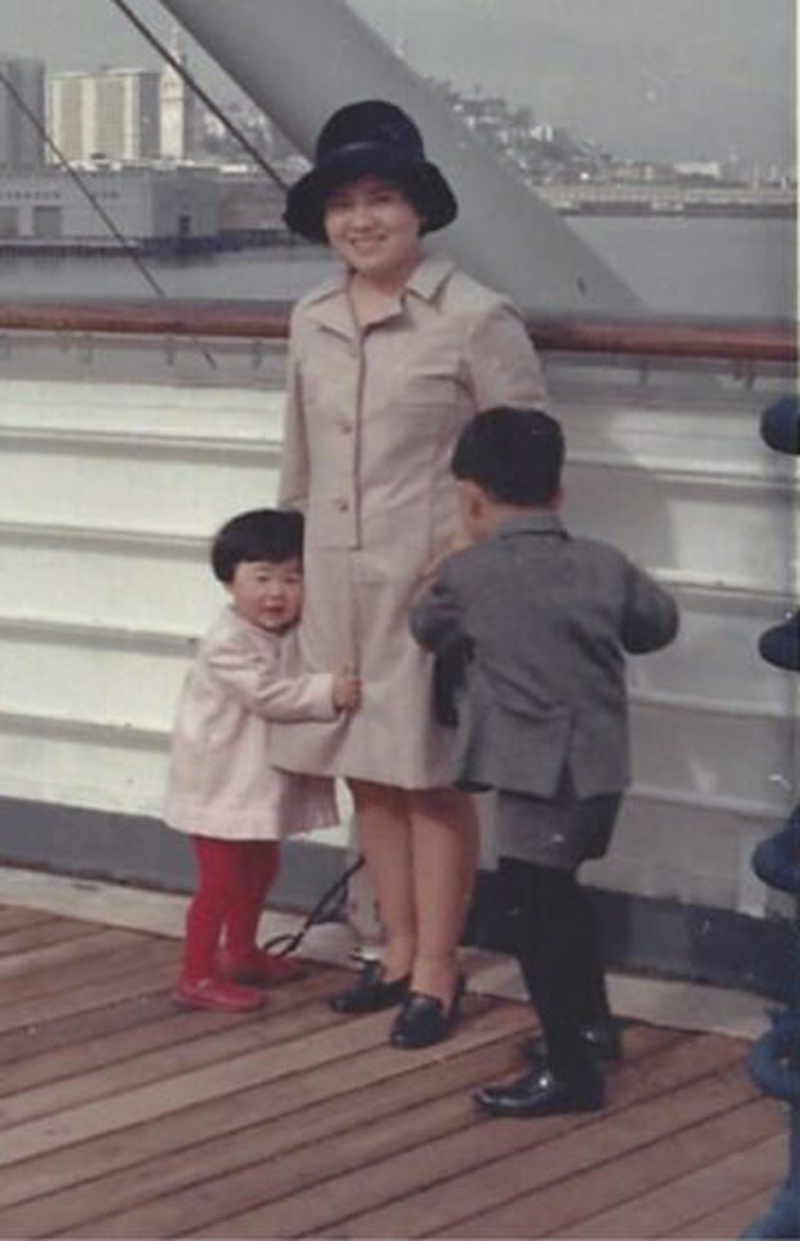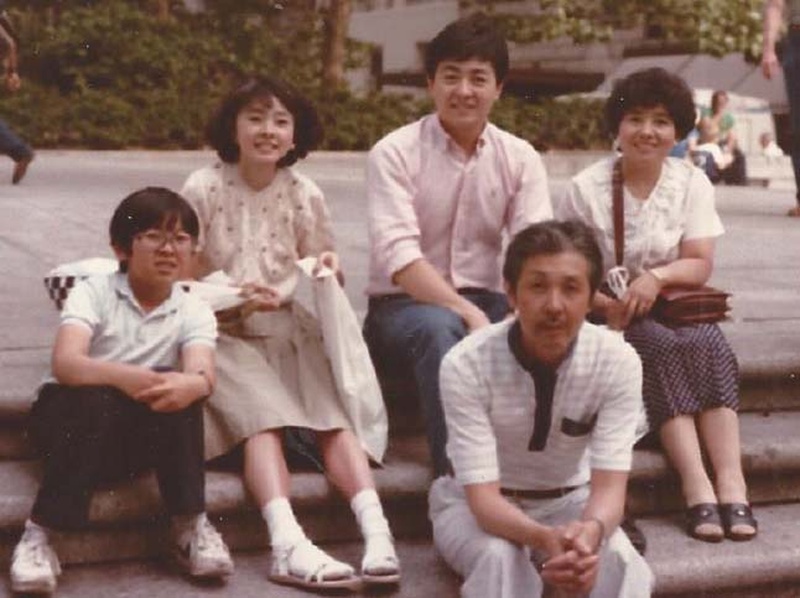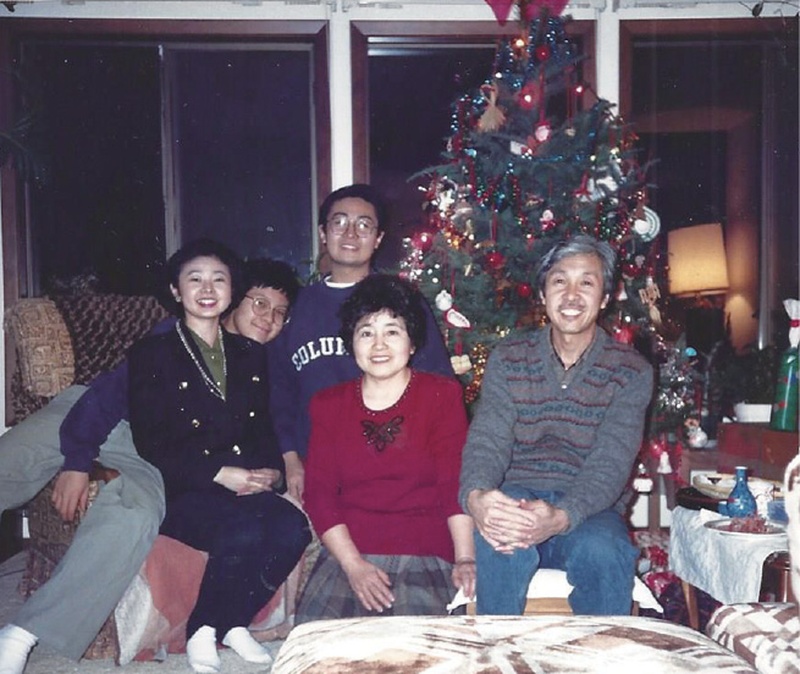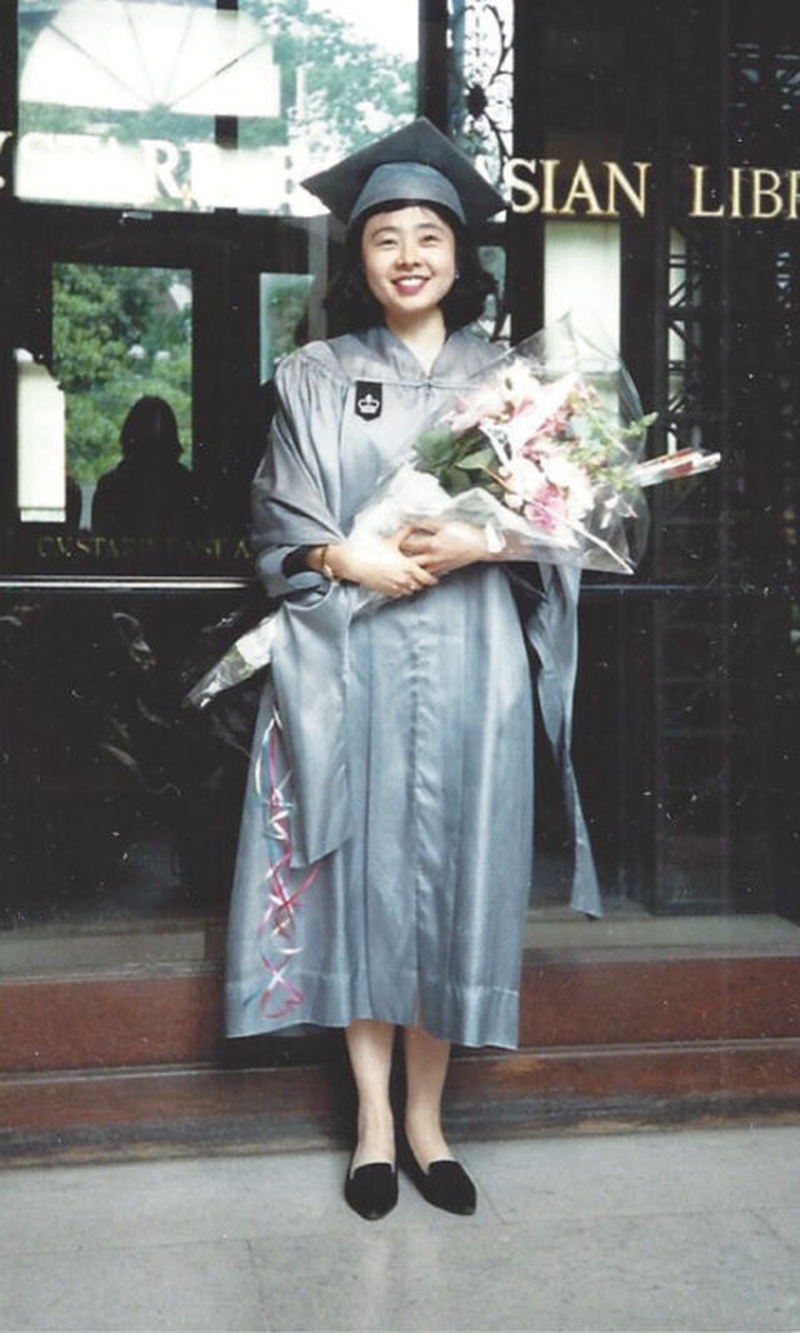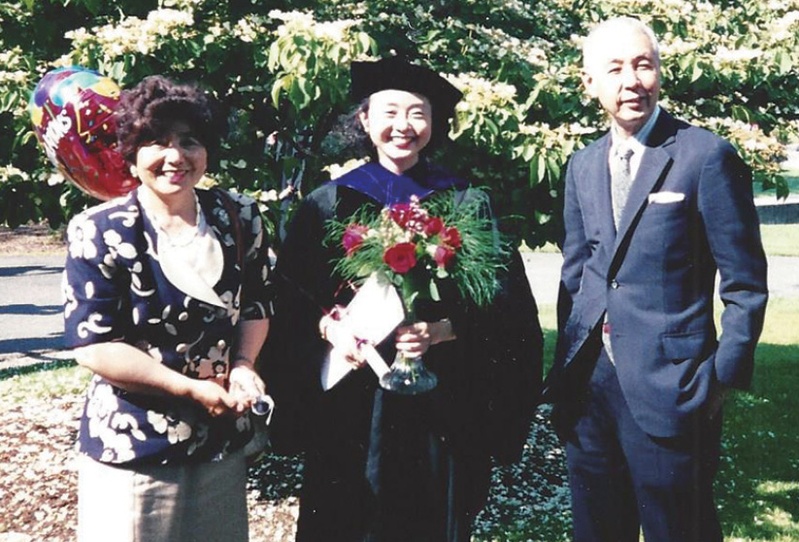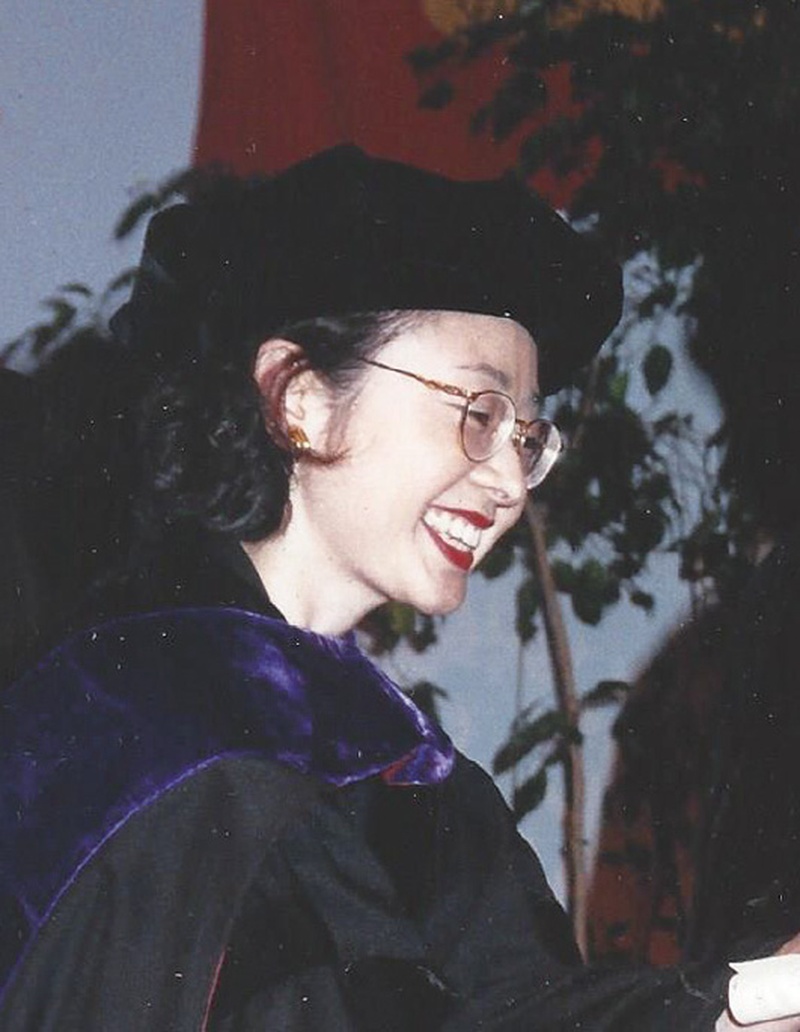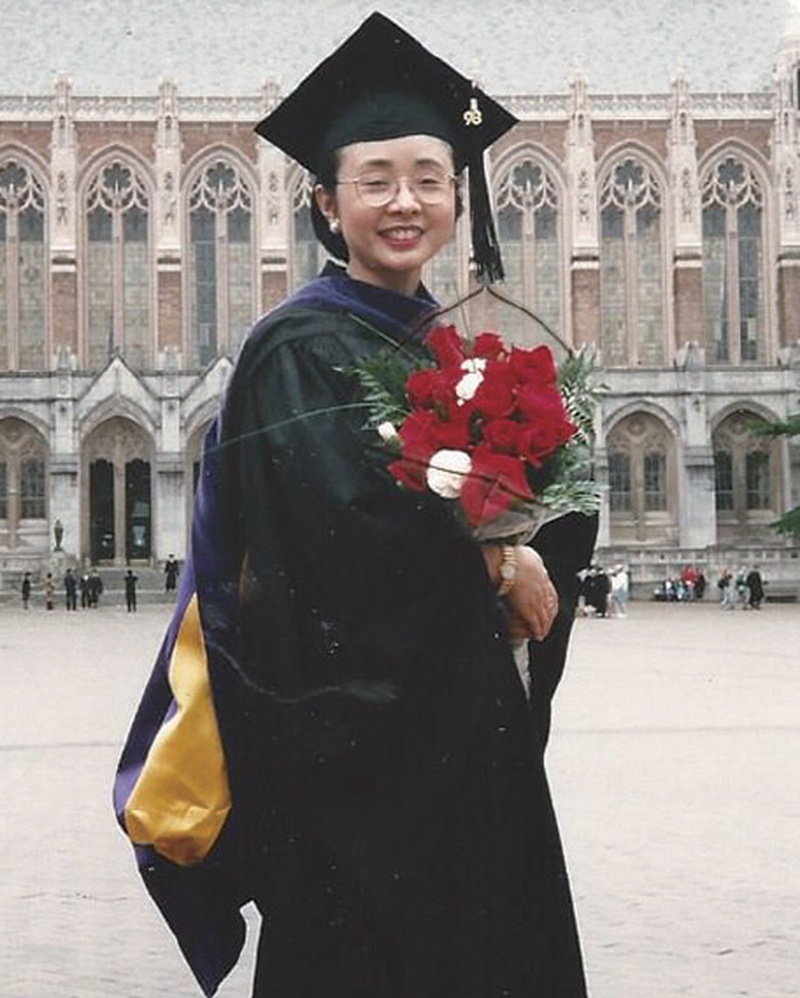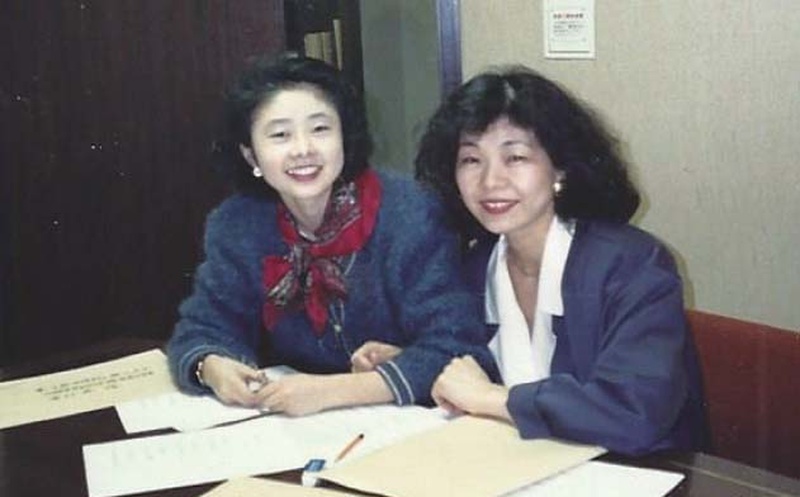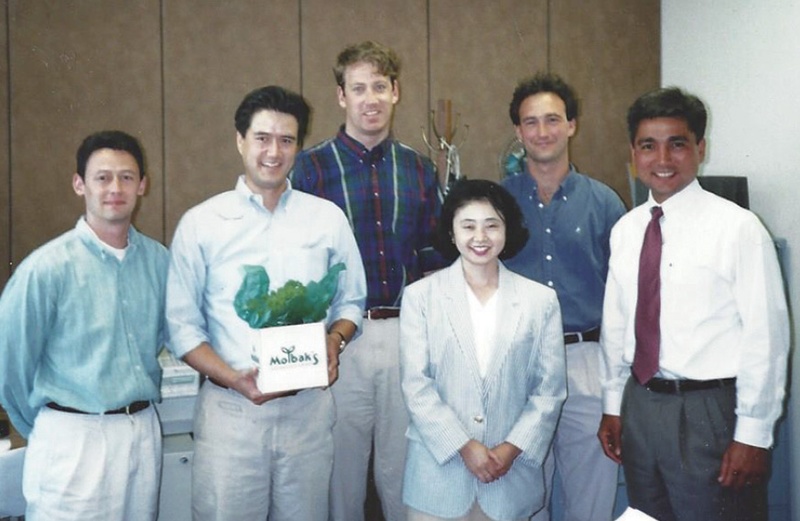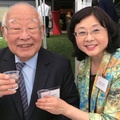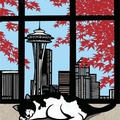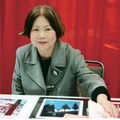Miyuki Yoshida is an immigration lawyer, a sake sommelier, and also supports her family who run a hot spring resort in the Columbia River Gorge. What is the source of her energy that keeps her going every day? We asked her about her thoughts as a first-generation Japanese-American who grew up searching for her identity as a bilingual person.
* * * * *
Moving to America was a long-held dream of his father.
"It was my father's 'American Dream,'" Miyuki says of what prompted her to emigrate.
He was born in Yokohama to parents who run a dental laboratory company. Before he could even remember, his family came to America with his father, who dreamed of living there. He experienced life in Chicago, Los Angeles, and Guam, and then moved to Portland, Oregon when he was in the third grade of elementary school. He attended the Portland Japanese School and obtained a green card. He went on to university at Reed College in the city, majoring in psychology, but surprisingly, his first job was at a law firm in Tokyo.
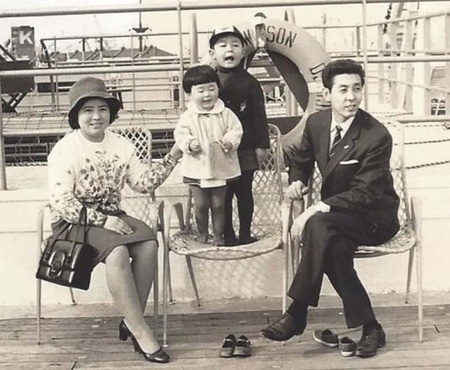
"The summer after I graduated from college, I was studying Japanese at Keio University's International Center, and by chance I saw an ad in the newspaper looking for a bilingual paralegal. I was a senior and was taking a law class with a focus on psychology, so I thought law was interesting, too. So I worked hard and wrote my resume in Japanese."
At a time when the only jobs that required native English were English conversation teachers, I found myself working at a major law firm in Tokyo by chance. At the height of the bubble economy, there were many cases of Japanese banks lending to overseas banks, and bilingual paralegals who could communicate across the world, including in New York and London, were highly valued. This was also the catalyst for me to pursue a career in law.
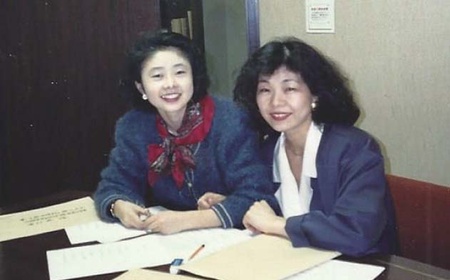
From Japanese to Japanese Americans
Miyuki decided to return to the United States and aim for law school, but the road was not an easy one. "I tried several times, but it didn't go well. Living in Japan for a while backfired... I realized I needed to learn English again."
Influenced by his older brother who attended Columbia University, he moved to New York, a place he had long dreamed of visiting.
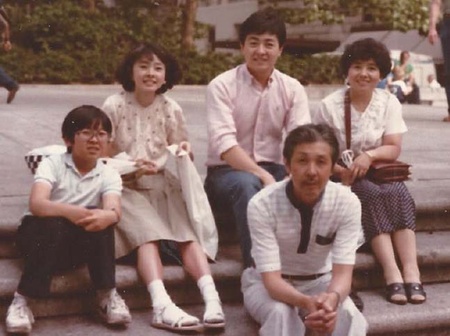
While studying East Asian culture and history at the graduate school, he continued to try to get into law school. However, he says he didn't tell anyone about it during the two years he was at graduate school. "It was a secret mission (laughs). If I hadn't gotten in, I might have continued studying Japanese and written a doctoral thesis on the Urasenke tea ceremony."
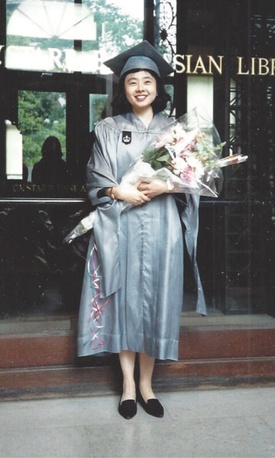
Around the same time, he also made a major life decision: "The day after my graduation ceremony, I became an American. I wanted to go to law school and work for the American government in the future, so I thought it would be best to get American citizenship in order to achieve that."
Eventually, Miyuki achieved her dream of entering law school at Seattle University, where she also demonstrated her natural inquisitiveness. "I heard that there were two or three professors at the University of Washington who specialized in Japanese law, and I really wanted to study there so that I could work internationally as a bilingual person."
After consulting with the dean of Seattle University Law School and receiving permission, she began taking every class on Japanese law that looked interesting. "But it seems I took too many classes, and the dean got mad at me later! After that, it seems they made a rule that you could only take one class at a time because of me."
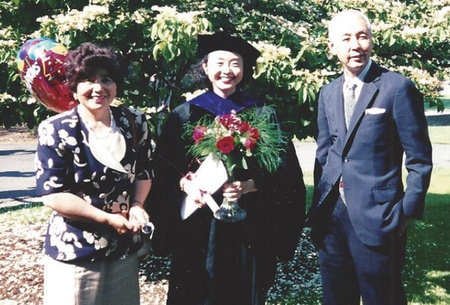
Furthermore, at her father's urging, she enrolled in a one-year law master's program at the University of Washington, after which she focused on immigration law and began job hunting. "I thought again about how I could take advantage of my position as a minority, as a woman and as an immigrant from Japan. Then, I realized that I should specialize in immigration law."
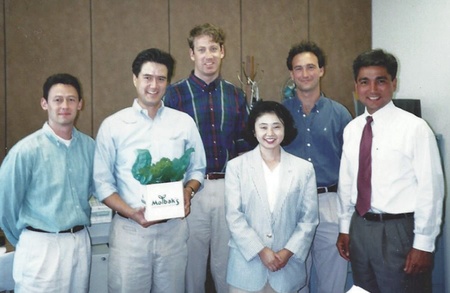
I was lucky enough to be hired by the world's top immigration law firm in Manhattan, New York City. After spending several years as an extremely busy lawyer, I left New York just two months before the 9/11 terrorist attacks.
After working at two major law firms in Seattle, he opened his own practice in Redmond and Kirkland in 2006. In 2008, he moved back to his hometown of Portland to be closer to his family, where he currently serves as the principal of his own practice.
| Law Offices of Miyuki Yoshida She handles all aspects of immigration law, family law, human resources and employment law, and assists with visa application processing and management, as well as U.S. trademark applications and international real estate planning. She also serves as a bilingual notary public and reviews Japanese documents. 515 NW. Saltzman Rd., PMB 896, Portland, OR 97229 Tel: 503-941-9766 (Oregon) 206-697-8584 (Washington) myoshidaLaw@gmail.com |
*This article is reprinted from Seattle lifestyle magazine Soy Source (March 9, 2023).
© 2023 Hitomi Kato / Soy Source


